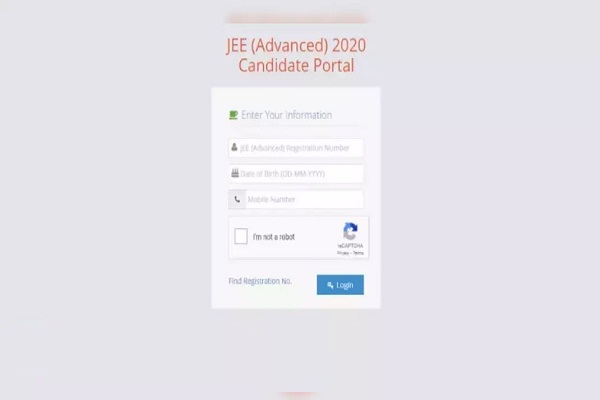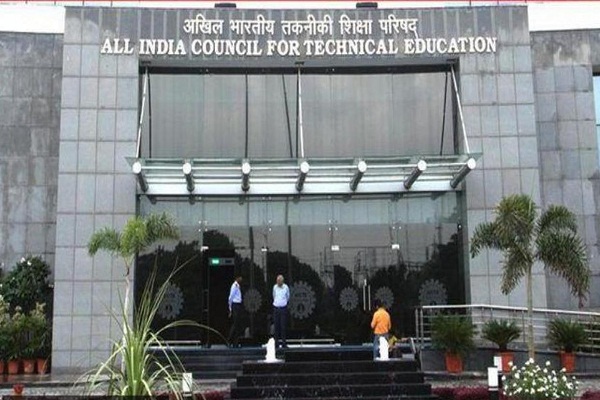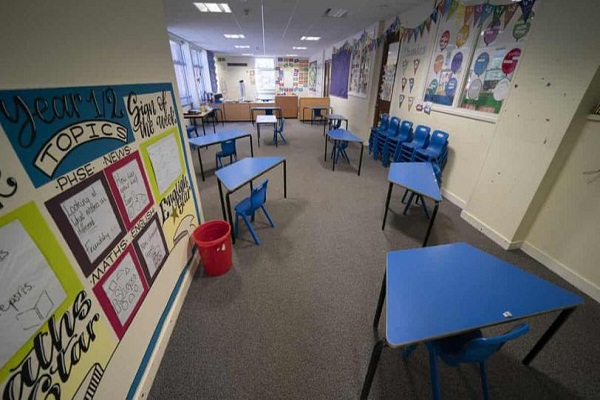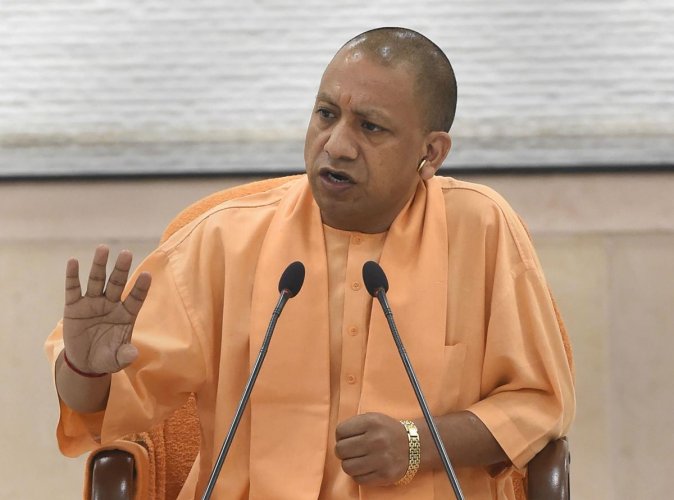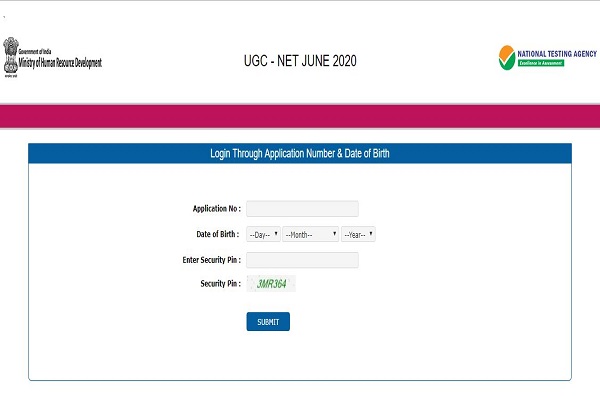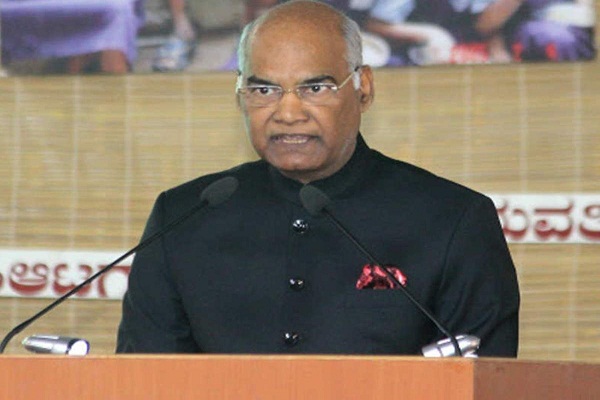The CBSE Board is all set to commence the CBSE 10th and 12th Compartmental Exams 2020 from today. The CBSE Board Compartmental Exam 2020 is being held for students who were unable to qualify in the exam held earlier for which results were declared in the month of July 2020. Compartmental Exams will act as a second chance for such students to try and re-qualify the examination without having to wait for a complete year and join college and or other higher studies option.
The board has confirmed that around 2.38 lakh students from Class 10 and Class 12 would be appearing for CBSE Compartmental Exams 2020. Of the total number of students, as many as 1,50,198 Class 10 students and 87,651 Class 12 students will be appearing for the exam which is commencing today. Earlier in the month, the board issued datesheet as well as CBSE Compartmental Exam 2020 admit card for all the candidates, which also includes the clear instructions and precautionary measures that are to be followed by the students while appearing for the exam.
CBSE Board has reiterated that students’ safety remains its top most priority while conducting the CBSE Board Compartmental Exam 2020.
Also read: CBSE declares re-evaluation for CBSE Class 12 Exam
Key guidelines for CBSE 10th and 12th Compartmental Exam 2020 are as follows:
Students, teachers and other staff members visiting the school premises for Compartmental Exams will have to mandatorily wear face masks covering nose and mouth, and hand gloves.
Students have been allowed to carry hand sanitizers to ensure proper hand hygiene
Students will have to compulsorily follow social distancing guidelines
Parents have been asked by the board to sensitize students about the COVID-19 guidelines and safety norms that are to be followed while they are at the exam hall








